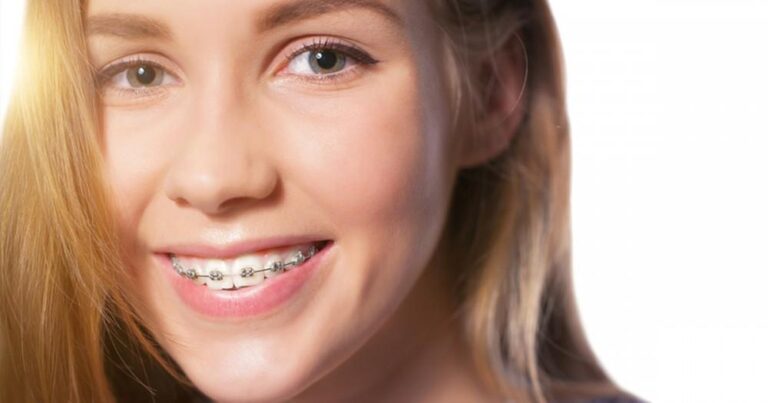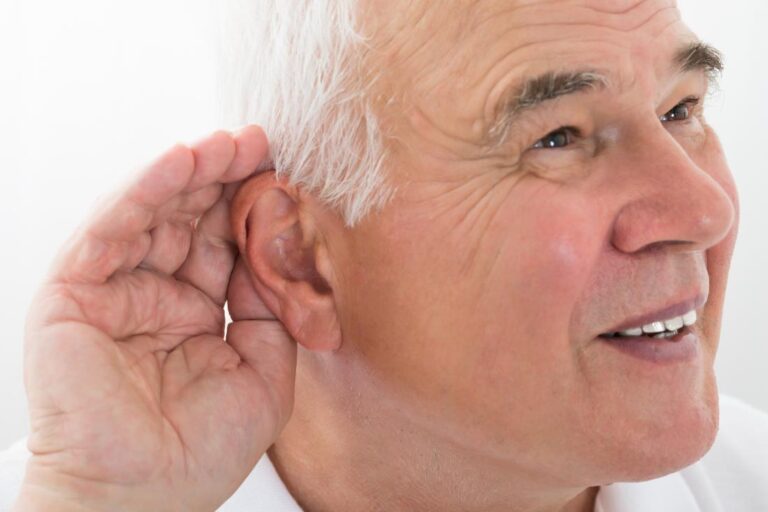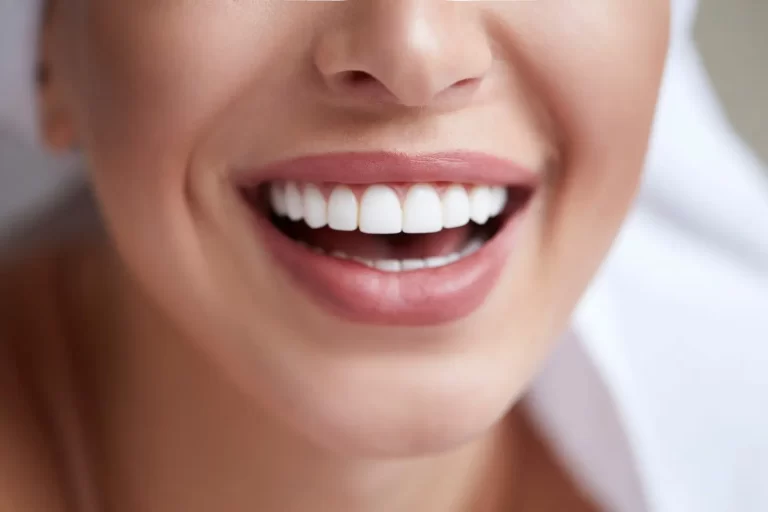Imagine walking through the bustling city streets of New York, surrounded by towering structures and rushing people. Now, picture a soul hidden in that crowd, grappling with silent mental struggles, lost in the chaos. I’m here to talk about these unseen battles and the heroes who fight them. Meet the psychiatrists – not just healers, but advocates committed to promoting mental health awareness and making new york therapy services accessible for all. This isn’t just medical care, it’s a journey towards understanding, acceptance, and healing.
The Silent Struggles
Mental health issues are often invisible. They don’t show up as physical wounds or marks. But they’re as real as a broken bone and can be even more painful. They lurk beneath the surface, hidden behind smiles and busy lives.
The Unsung Heroes
Enter the psychiatrists. These are the unsung heroes who delve into these unseen struggles. They are the advocates who not only heal but also fight for mental health awareness and accessible care.
A Psychiatrist’s Role
A psychiatrist isn’t just a doctor. They’re also an advocate. They fight for policy changes to make mental health care accessible. They educate the public about mental health, breaking down the walls of stigma. They promote awareness, so no one has to fight their battles in silence.
The Fight for Accessibility
Accessibility is a critical part of this advocacy. In a city like New York, where everything moves at a relentless pace, finding time and resources for therapy can be a challenge. But it shouldn’t be. New York therapy services should be as accessible as a grocery store or a subway station.
The Journey Ahead
The road to mental health is a journey. It’s not a quick fix or a one-size-fits-all solution. It’s a path of understanding, acceptance, and healing. And the psychiatrists are there every step of the way, offering a guiding hand.
Our story ends here, but the battle continues. The fight for mental health awareness and accessible New York therapy services is a daily struggle. But with the dedicated work of psychiatrists and other mental health advocates, we are making progress, one step at a time.







